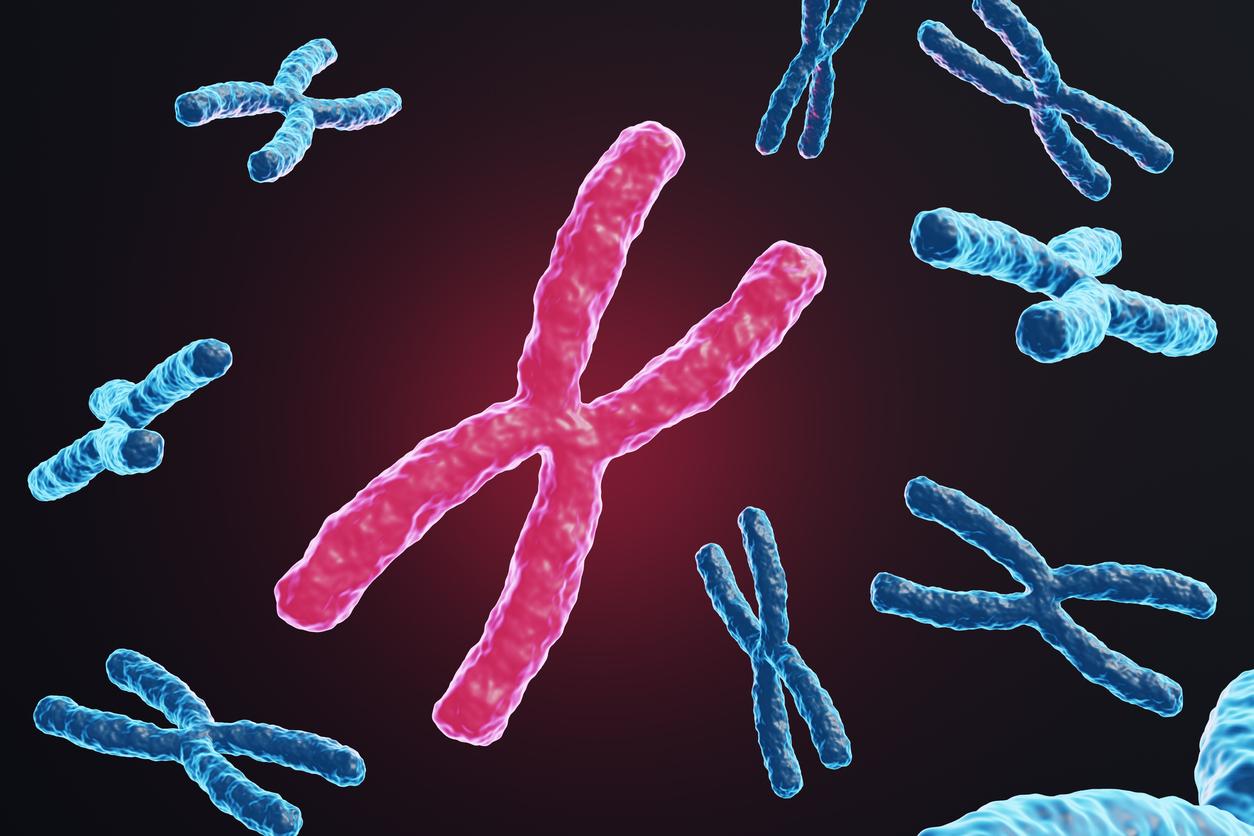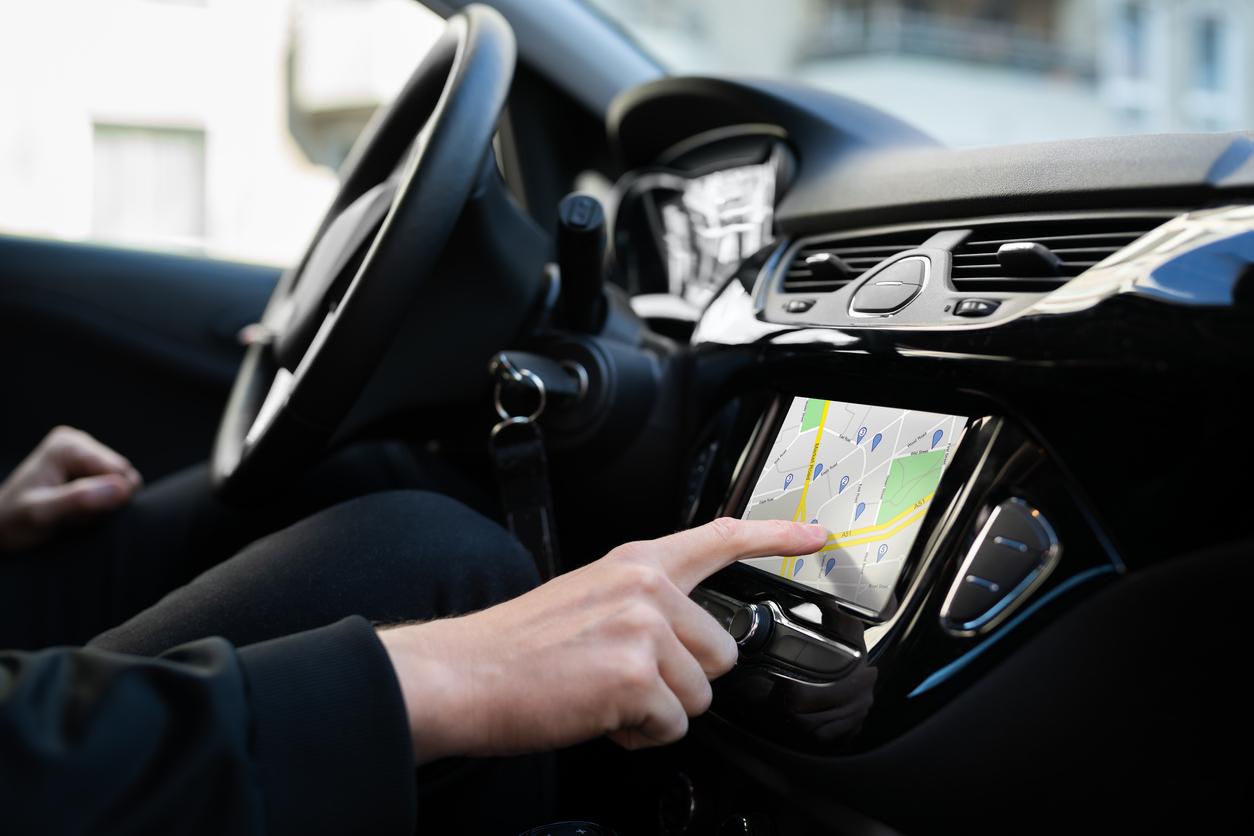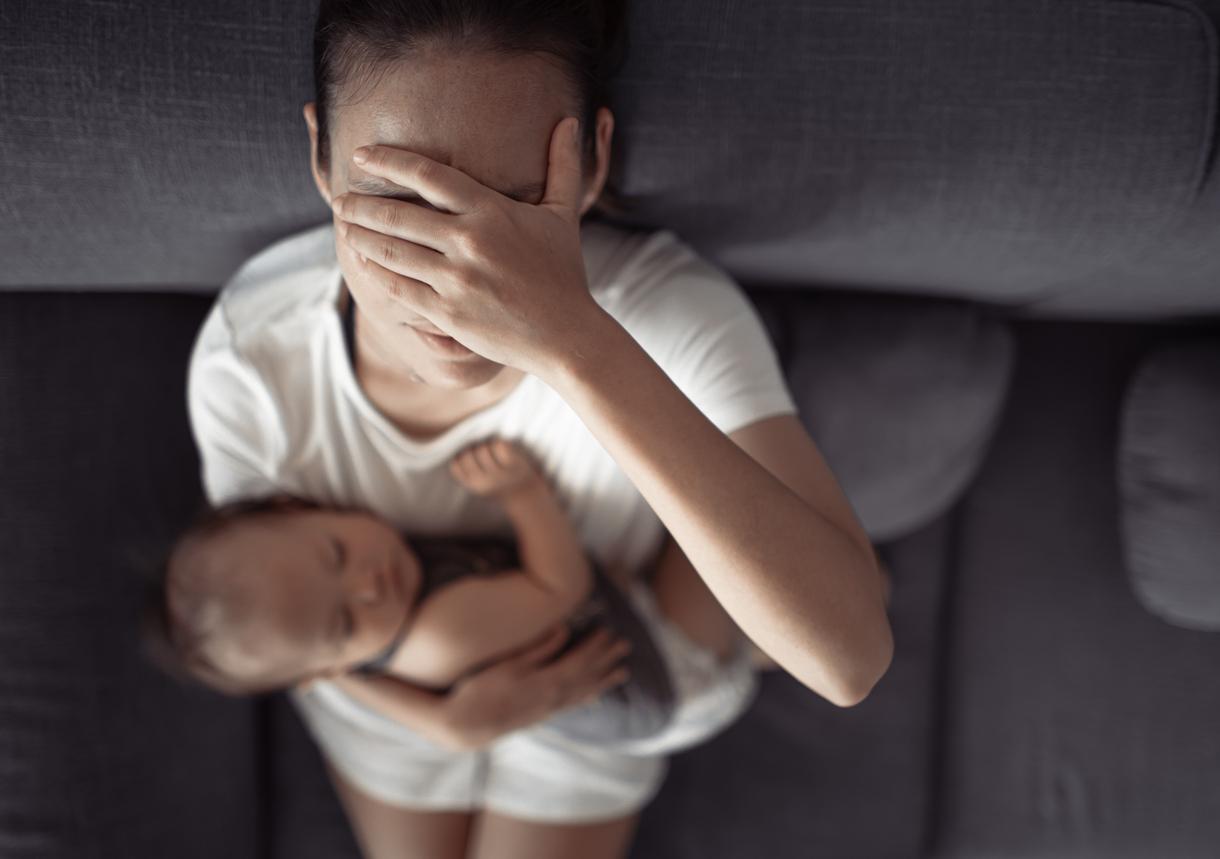When we judge the actions of others, certain areas of the brain are activated. Researchers identify them and explain how they influence our view of the actions of others.

It’s a fact: we are quicker to judge others for their bad actions and to blame them, than to recognize when they do something positive. On the other hand, when an individual’s actions have negative consequences, we often think that they did it on purpose.
This moralizing attitude is deeply rooted in our social, political and legal systems. For example, during a trial, the person will be judged on the facts, but also on his intentions, namely whether he intended to harm.
Where do these attitudes come from? A team from Duke University, in the United States, shows that they are not only the result of our culture or our moral system, but that they come from very specific cognitive mechanisms. They identified the areas of the brain responsible for our ability to judge others, which they describe in a publication in the journal Scientific Reports.
Emotions vs reason
Using brain scans, researchers show that when a story is told to an individual, and that the latter judges that the actions of the characters deserve reproach, a region of the brain is activated.
It is about the amygdala, very strongly linked to the control of emotions. The more the story affects the person, the more strained the amygdala, according to the results obtained by the researchers.
Conversely, when the actions of the characters in the story are judged positive, the amygdala is much less active. Scientists explain that this is because the individual is then more rational, believing that positive action may only be the result of other self-interested actions.
The researchers give the example of a business owner who sets up a program in favor of the environment, not to protect it, but because it brings him economic benefits. Faced with this situation, individuals feel that the boss does not deserve gratitude, even if his positive action.
Think about justice
According to the team of researchers, this work is important, insofar as it allows us to better understand how individuals judge each other, and on what criteria they believe that an action committed by their peers is intentional.
These cognitive mechanisms must be taken into account in the context of criminal trials to understand the determinants of an acquittal or a conviction. They can lead to a reflection on the functioning of our justice systems, according to the authors of the publication.
.

















